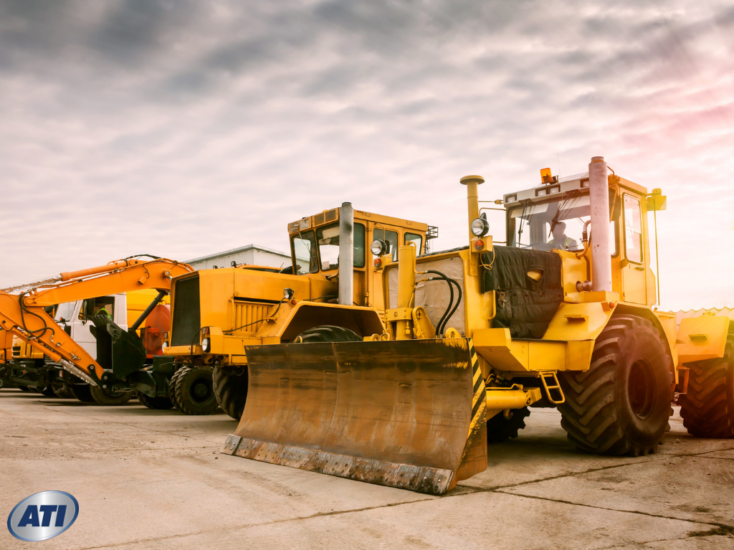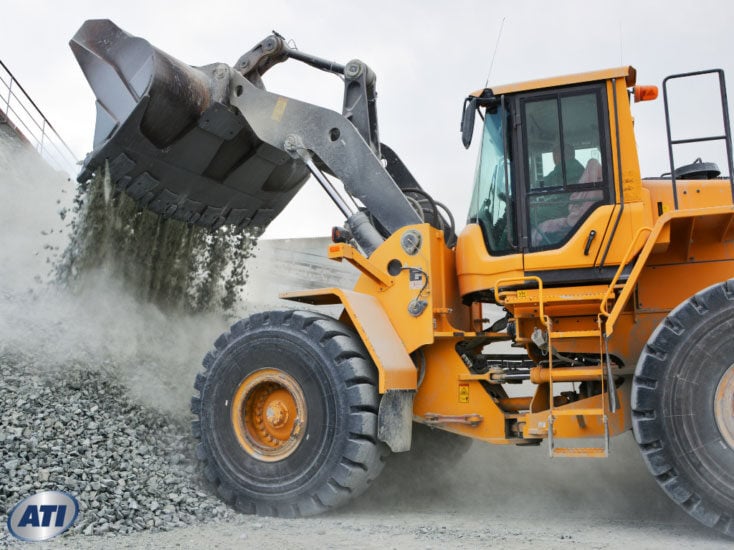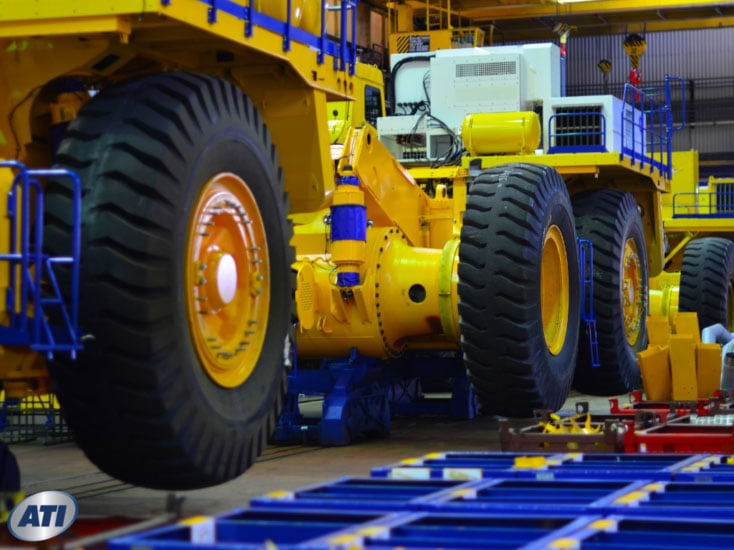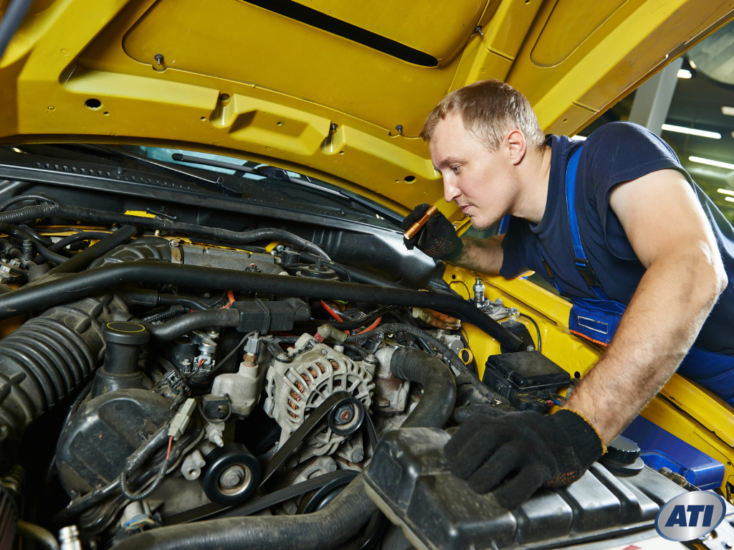Heavy Vehicle: Examples of What You Could Maintain As a Technician

If you’re interested in becoming a technician, learning about heavy vehicle technology is a great idea. Heavy vehicles are essential in a wide variety of industries, and they need constant maintenance to ensure that they are working well and safely. Heavy vehicles will remain crucial for a lot of jobs for the foreseeable future, which is why heavy vehicle technicians are also going to be in constant demand.
What are some of the types of heavy vehicles could I work on?
Here are some vehicles and pieces of equipment you might work on as a heavy vehicle technician:
- Diesel Engines. Diesel engines and gasoline engines are quite different. Operators of diesel engine vehicles (which range from personal cars to semi-trailer trucks to military vehicles) can’t just take their vehicle to a standard mechanic if they need repairs. Heavy vehicle technicians work extensively with diesel engines, which encompass such a wide variety of vehicles that you might be surprised just how many customers you get for diesel engines alone.
- Buses. Buses are used for both short- and long-range transport. They help keep big cities moving, and they offer affordable long-distance travel options for people who don’t live close to an airport or train station. Buses require the same sort of maintenance as any vehicle, even before factoring that they spend hours at a time on the road and are expected to transport huge numbers of riders safely.
- Car carrier trucks. We’ve all seen car carrier trucks on the road. They can be something of a wonder to behold, driving down the highway with several cars strapped to them. Given the weight of their load (which can be up to 80,000 pounds), it’s essential that these vehicles are always structurally sound.
- Farming vehicles. Vehicles such as tractors, plows, harvesting machines and many more are essential to farmers. Any one of these machines failing could bring a farm to a halt. As a heavy vehicle technician, farming vehicles might be some of the most important you work on; after all, farming equipment helps put food on everyone’s table.
- Construction equipment. While they might not be the first vehicles to come to mind, construction equipment, such as excavators, loaders, even cranes, are considered heavy vehicles and need to be properly cared for by a trained technician.
Why do I need formal training to work on heavy vehicles?
While it’s possible to learn the skills needed to be a heavy vehicle technician on your own, formal training helps make sure that you have no gaps in your education. As the list above (which only covers some of the many types of heavy vehicles you might work on) shows, you need to be prepared to repair an enormous number of vehicles, many of which operate in specific and harsh conditions. A formal education is often the best way to be sure you’re well prepared for any scenario.
How can a degree help me in my job search?
If you’re hoping to stand out while looking for a job, having a degree on your resume is a great way to do so. A degree shows that you have a well-rounded education in and a deep understanding of heavy vehicle technology. A degree also shows how seriously you take this career; going to school to get a degree in heavy vehicle technology shows that you are eager to learn as much as you can about this field.
Are you ready to start your heavy vehicle journey?
If you are interested in a career as a heavy vehicle technician or want to learn more about getting an education in heavy vehicle technology, Advanced Technology Institute might be the right choice for you. At ATI, you could earn an Associate in Occupational Science degree in Heavy Vehicle Technology with Service Management, which can help set you on the path for a career in this crucial industry. If you are interested in learning more, be sure to contact us today!

Industry Knowledge
Welcome to the Advanced Technology Institute's Blog, your resource for industry insights and discussions on technologies shaping the future of automotive, heavy vehicle, hvac, welding, and other related career paths.
Explore how ATI's curriculum and hands-on learning opportunities can propel your career in the tech-driven world.


